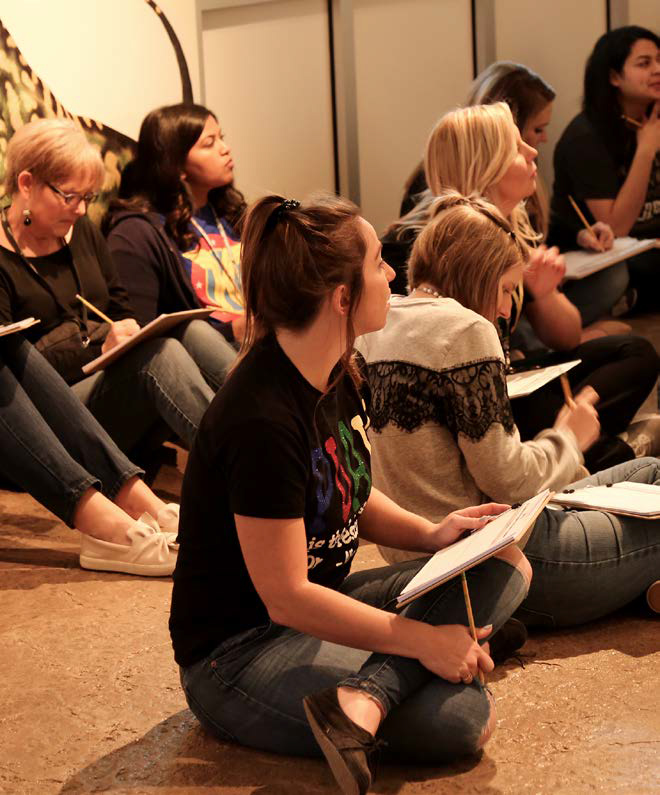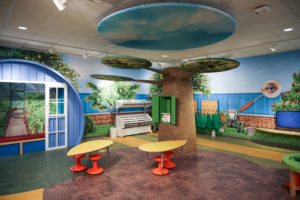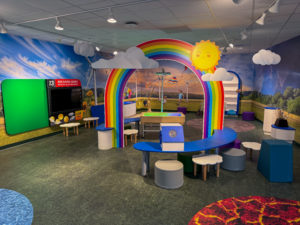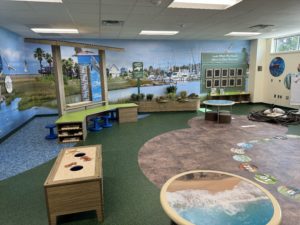We all begin learning how to collaborate from a very early age. Toddlers learn to collaborate through the concept of sharing; sharing food with the dog or sharing toys with a sibling. Preschool-aged children learn about teamwork and collaboration by participating in collaborative play and working in groups to explore centers and play games. These early examples show children that sharing and collaborating not only feel good but also help solve problems more quickly and creatively by drawing on a wider range of experiences, attitudes, and ideas.
The same applies in our adult interactions. As adults, we collaborate with neighbors to build a community garden, with family members to put together a puzzle, and with our colleagues to complete a shared project. We often collaborate without even realizing it!
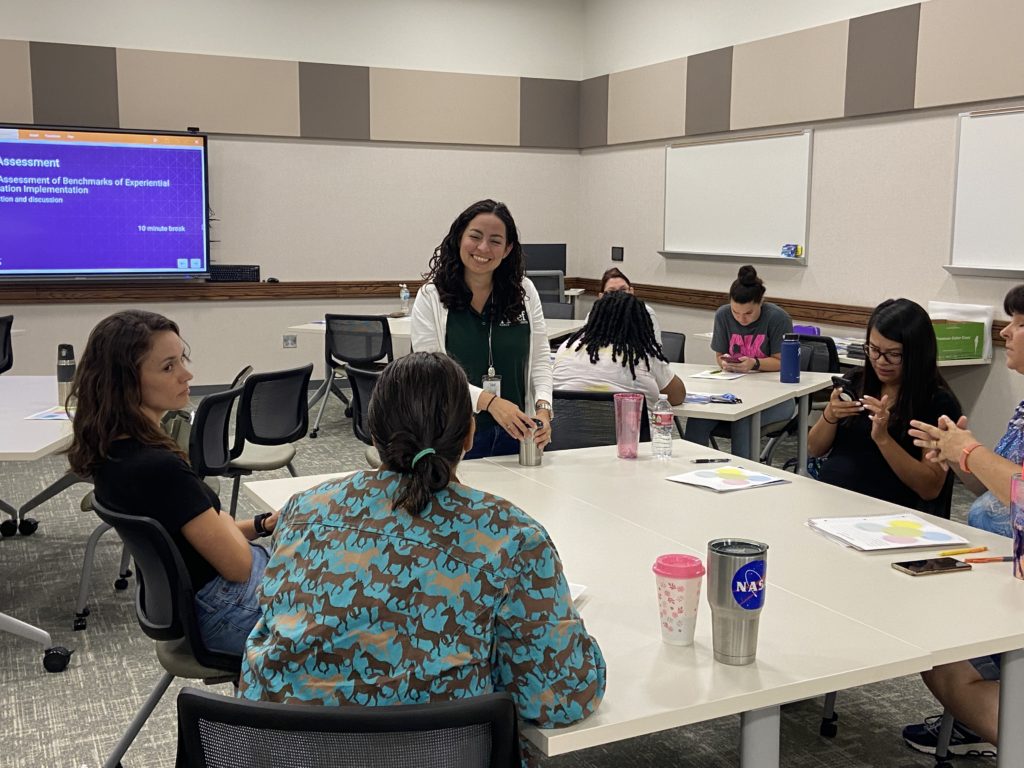
How is collaboration beneficial (and essential) for teachers?
Classrooms can be isolating for teachers due to their limited interactions with other adults. That makes it even more crucial for teachers to collaborate with each other for support and professional growth. Professional development is often seen as a means of delivering information, but it can be much more. By viewing professional development as a platform for sharing instructional strategies, teachers can fully benefit from collaboration.
Working alongside exhibit and structural design teams, Exhibit Concepts will identify key teaching strategies for experiential learning classrooms and provide support for their implementation, which has been found to be more effective in improving student outcomes. Rather than requiring teachers to participate in long, arduous training about content they are already experts in, we focus on building learning advocates that can evolve and advance experiential learning strategies in the classroom.
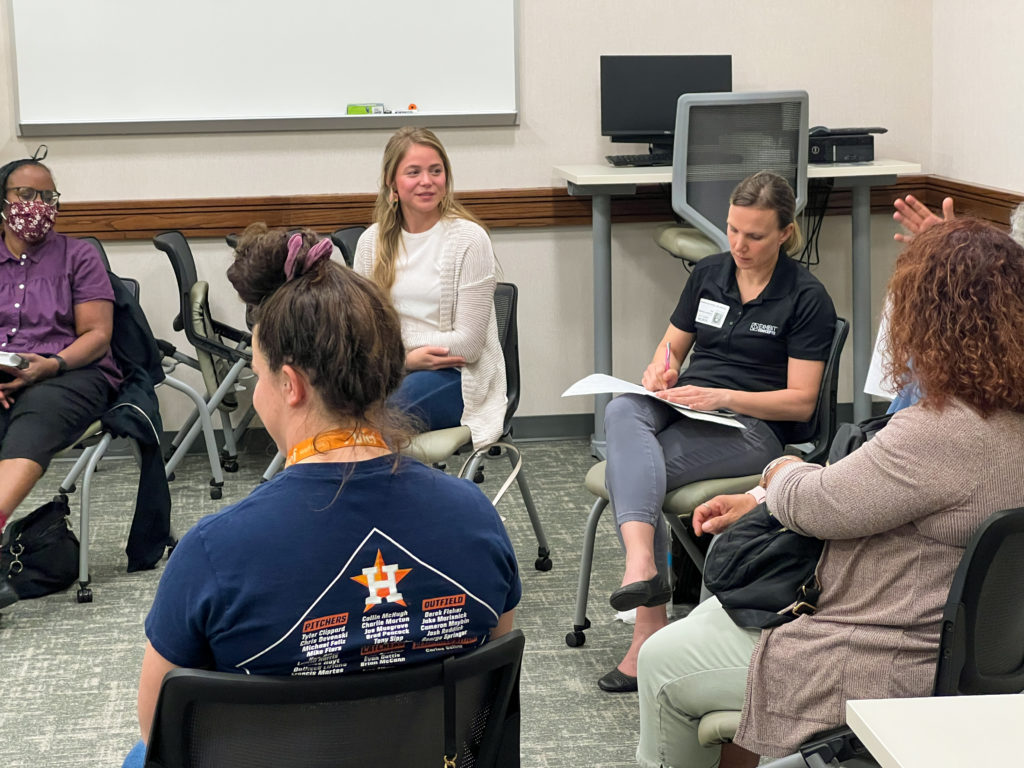
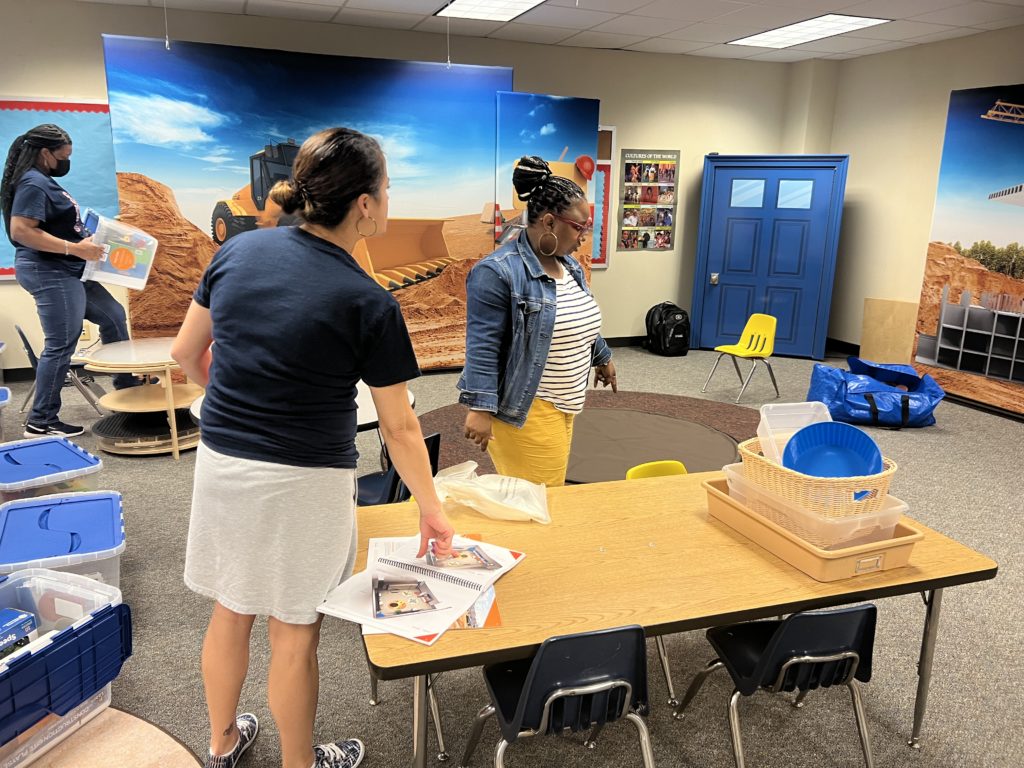
Exhibit Concepts provides collaborative, educational support in the form of:
Educator Training: Professional development targeted to set teachers and paraprofessionals up for success. Our training aims to introduce educators to experiential learning concepts, share instructional strategies, make in-session applications, and walk educators through the fixtures and features of the newly installed experiential classrooms.
Community of Practice Building: A long-term series of conversations, workshops, and reflection centered on building capacity and understanding around experiential learning. Educators receive year-long support and guidance in building a community of practice, helping educators become reflective practitioners, set personal goals, try out new strategies, and discuss successes and challenges.
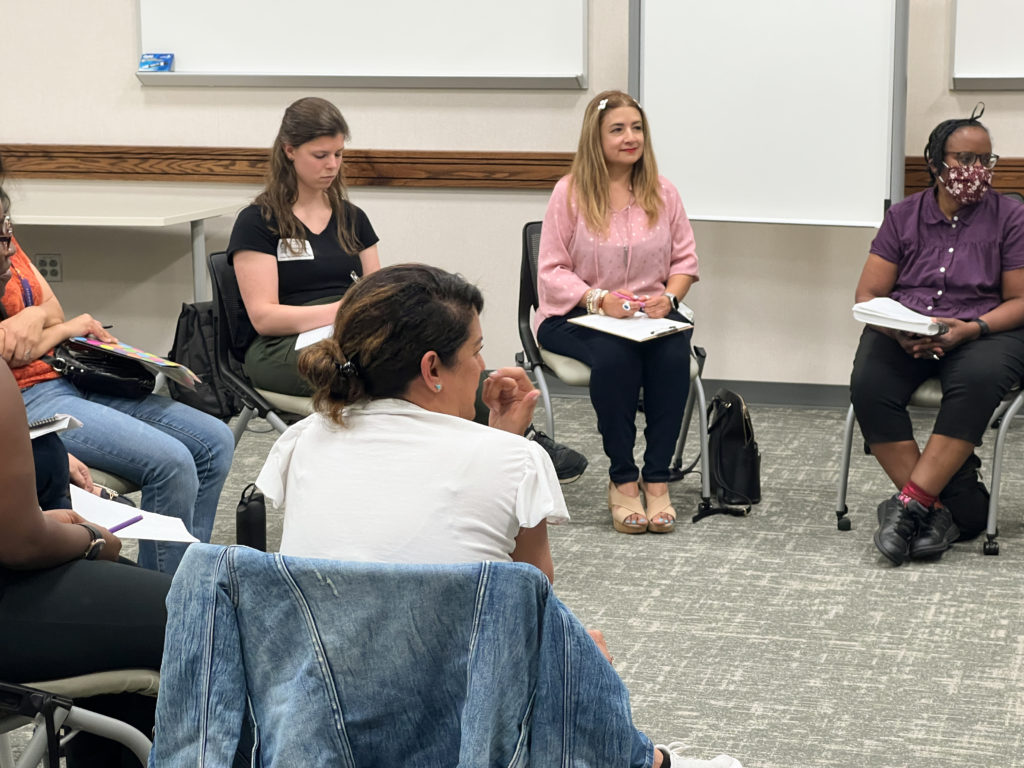
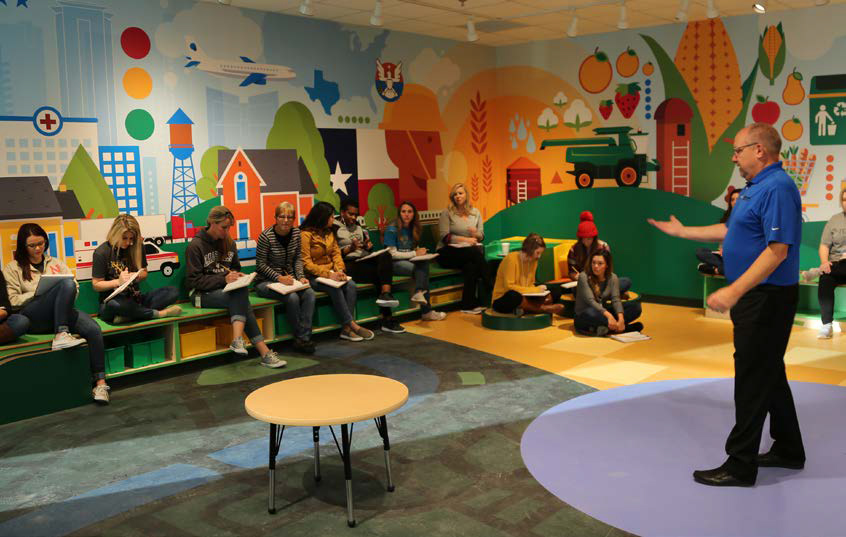
Teacher collaboration creates a strong educational environment. Encouraging teachers to share their expertise, analyze and reflect upon teaching strategies, and collaborate with one another is a priority at Exhibit Concepts. By fostering a collaborative professional learning model, we aim to enhance the teaching experience and improve student outcomes.
Our professional development offerings are tailored to meet the unique needs of each district. The Educator Training and Community of Practice Building programs are offered at different price points, with districts being charged accordingly based on the level of support they choose. By providing flexible options, we ensure that all districts can access the professional development resources they need to succeed.
For more information on how Exhibit Concepts can support your district, contact us.
